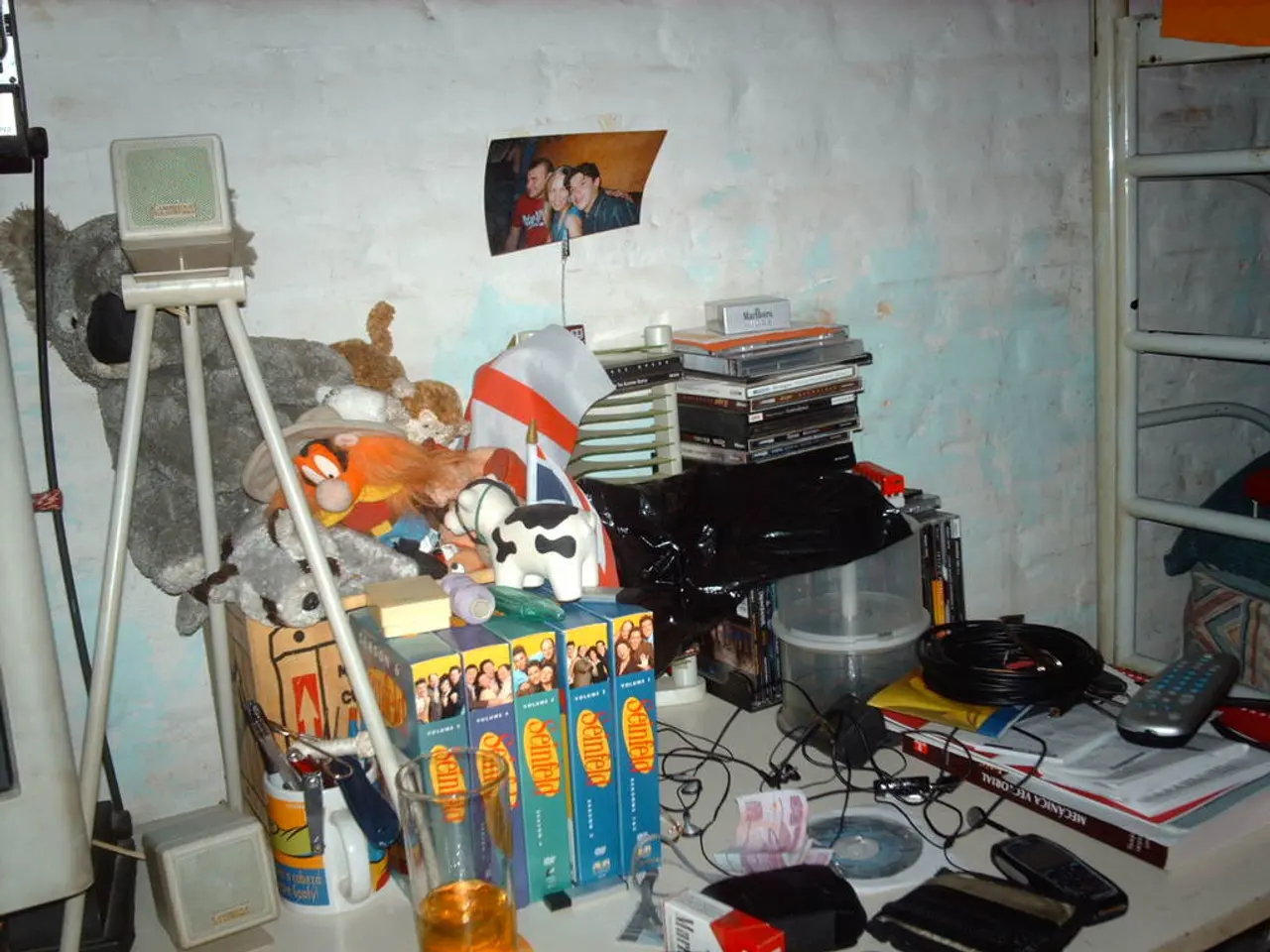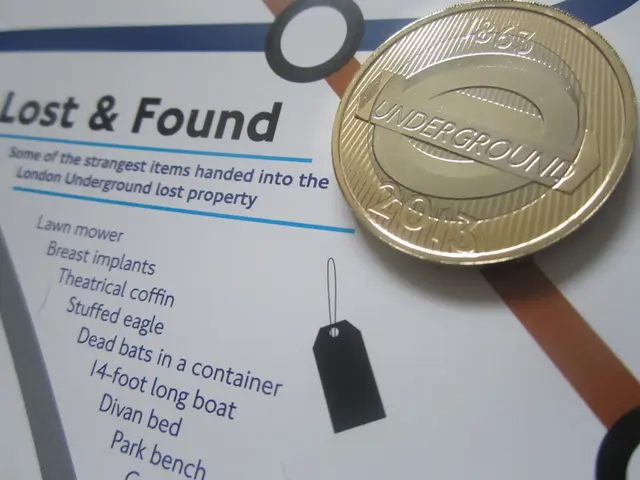Web3 Revolution: Germany Embracing Decentralized Internet
Web3 technologies, the next evolution of the internet, are set to revolutionize industries and sectors worldwide. With a focus on decentralization, security, and transparency, these technologies are gaining traction, particularly in Germany where various companies and organizations are embracing them.
Web3's journey began with Bitcoin in 2009, introducing decentralized cryptocurrencies. Ethereum followed, pioneering smart contracts and decentralized applications (dApps). Today, projects like Filecoin, Brave, and The Graph are driving innovation.
In Germany, Web3 is transforming sectors from public administration to tech startups. Blockchain-based digital identities, secure voting systems, and efficient public records management are being explored. Key development agencies like Deepshore GmbH, Innoplexus, and QaiWare are leading projects that combine blockchain and AI. The demand for Web3 developers is surging in startups, SMEs, and tech organizations.
Web3 offers numerous advantages over traditional web technologies. It promotes decentralization, ensuring users have control over their data. It enhances security through blockchain technology and peer-to-peer networks. Moreover, it fosters trust and privacy, as transactions are transparent yet pseudonymous.
Leading projects like Ethereum, Uniswap, OpenSea, and MakerDAO are harnessing Web3's power. Despite challenges, Web3 technologies are expected to transform how we interact with the internet and each other, promoting innovation, user control, and new opportunities.
Read also:
- Meta's AI Chatbot Boosts Content, Apple's Siri Under French Data Probe
- Europe's Energy Infrastructure Under Siege: Cyberattacks Surge 67% in 2025
- YouTube has disbursed over $100 billion to content creators on its platform since the year 2021.
- Investment of $20 million in strategy by the Aqua 1 Foundation of the UAE in Above Food







